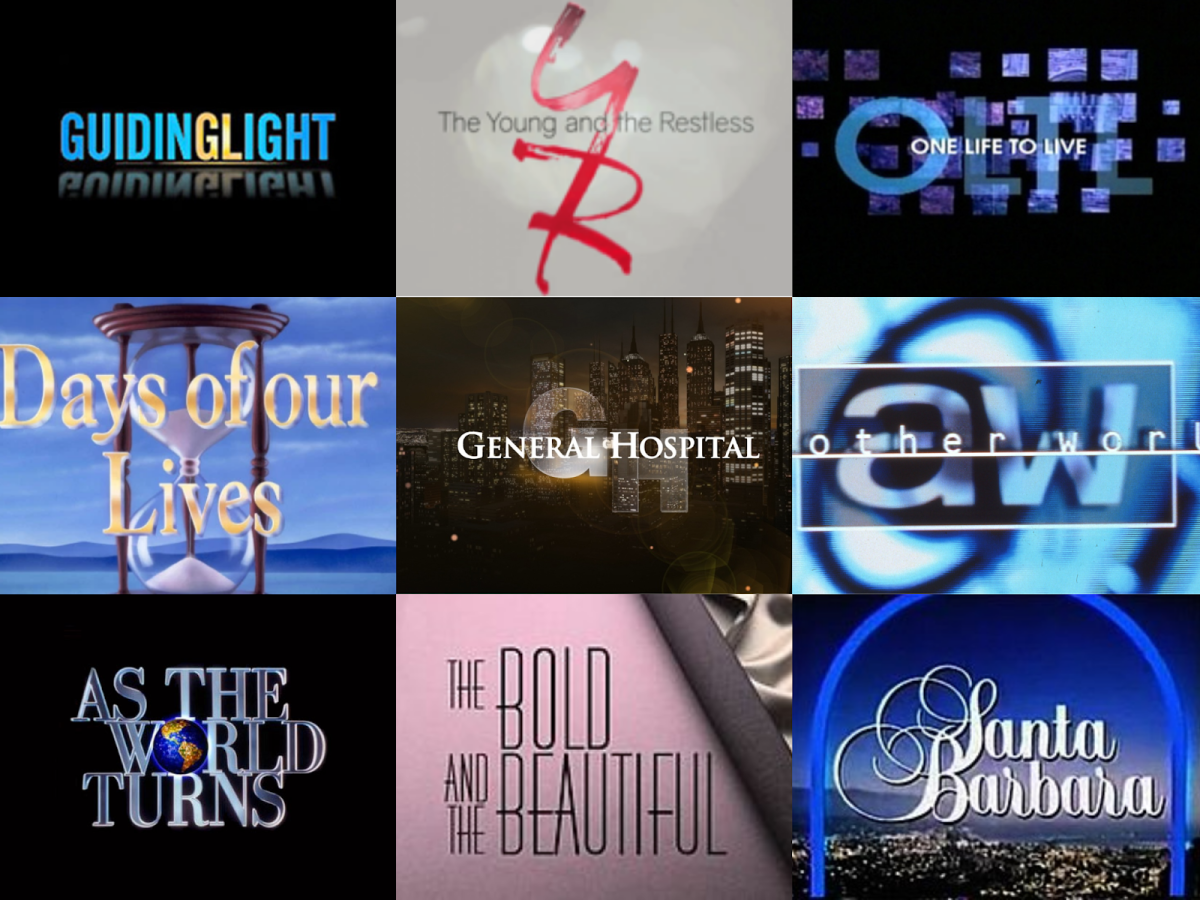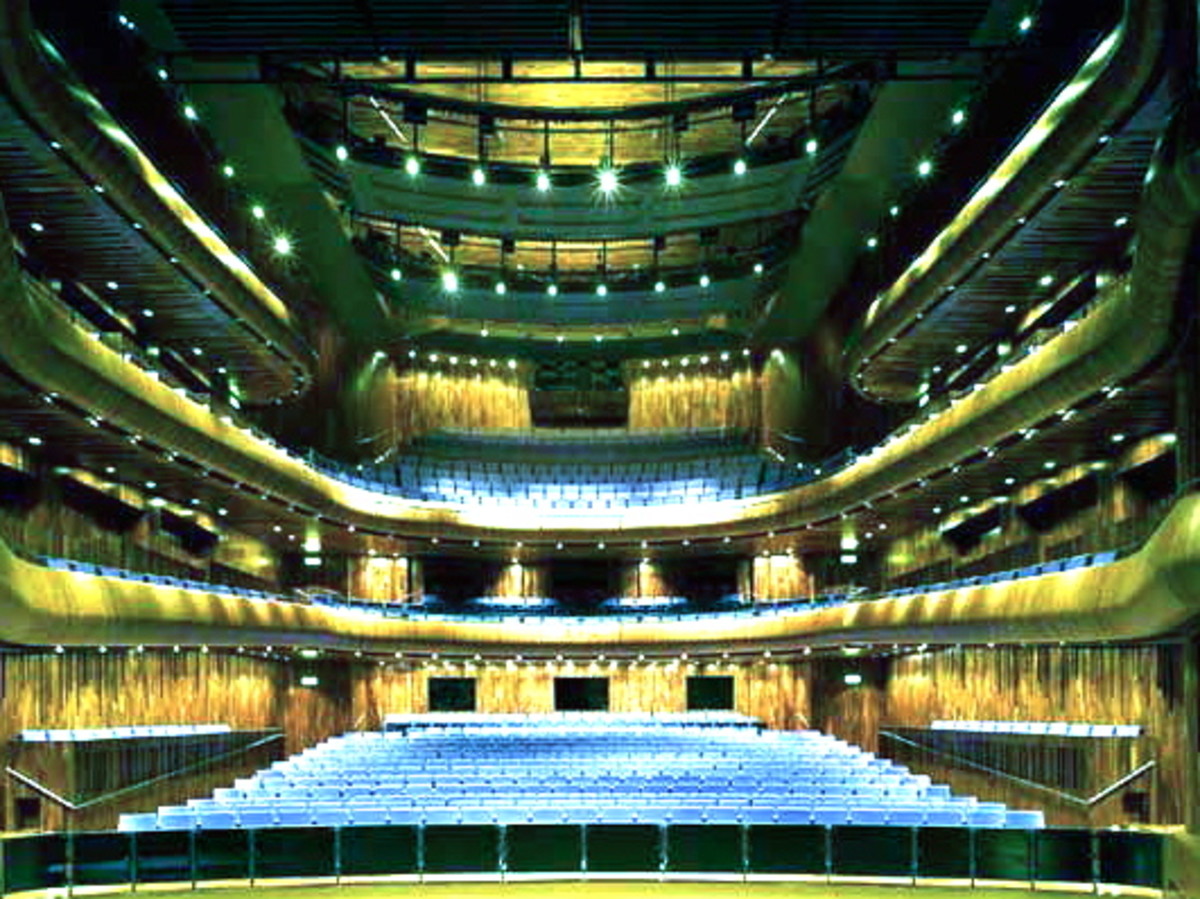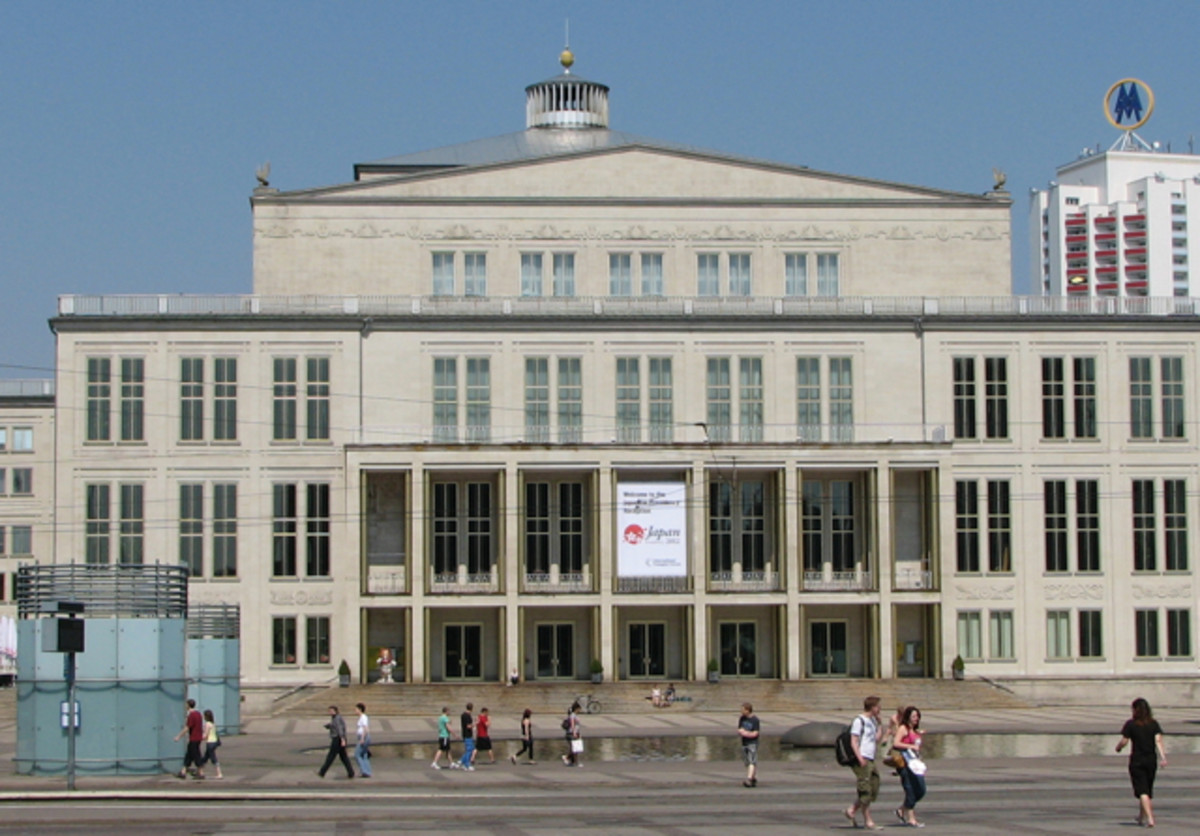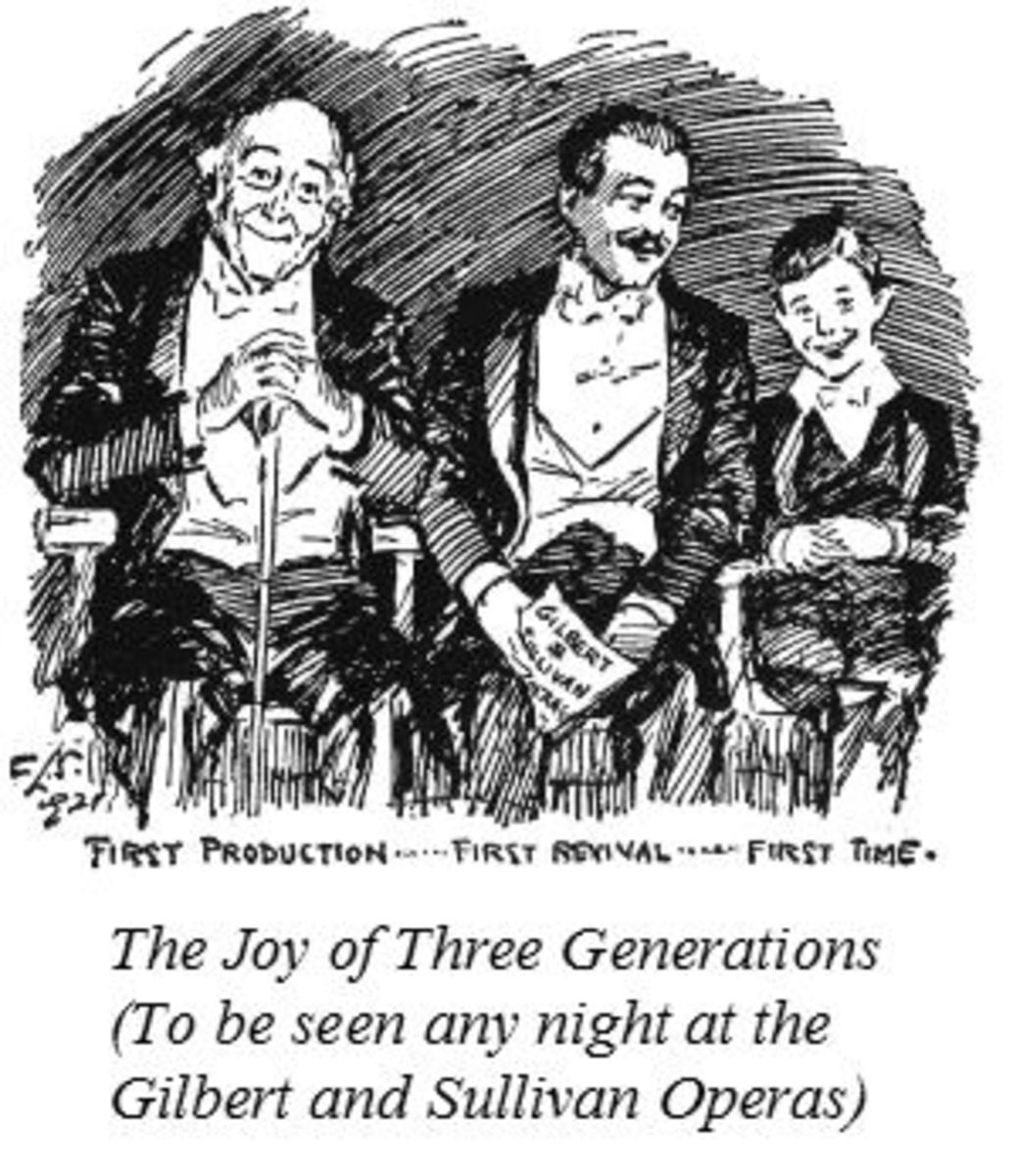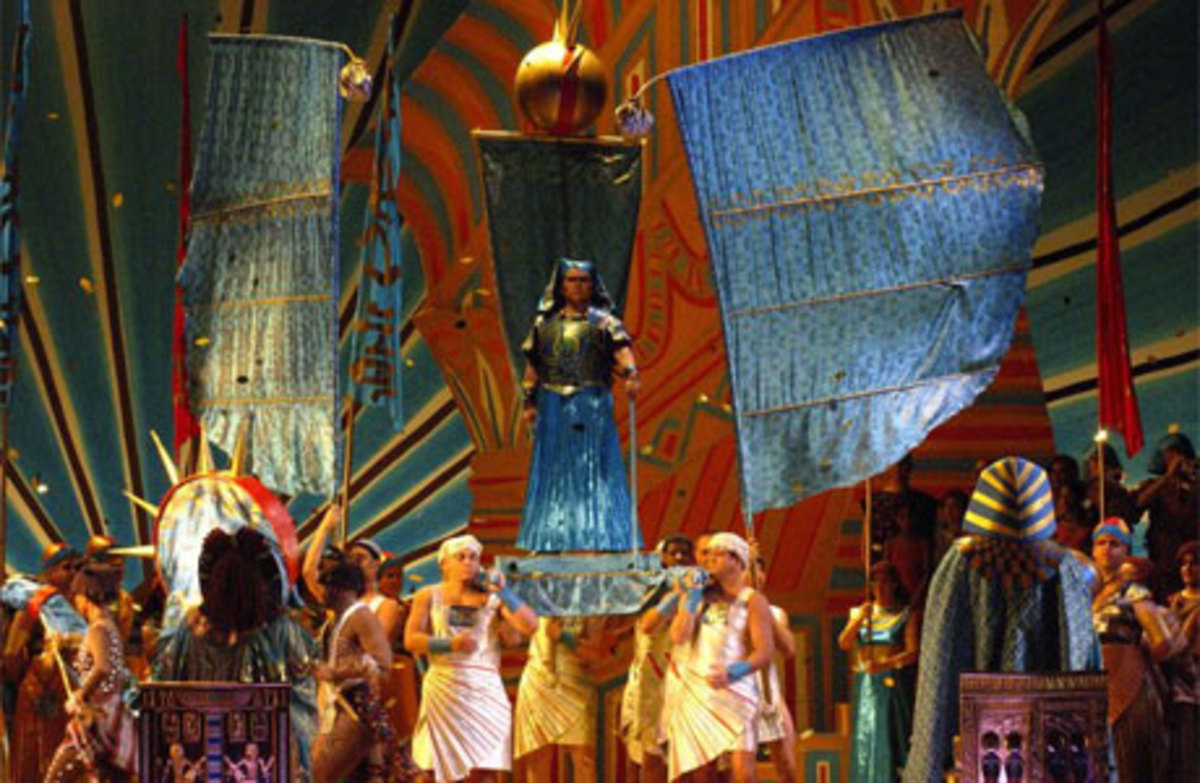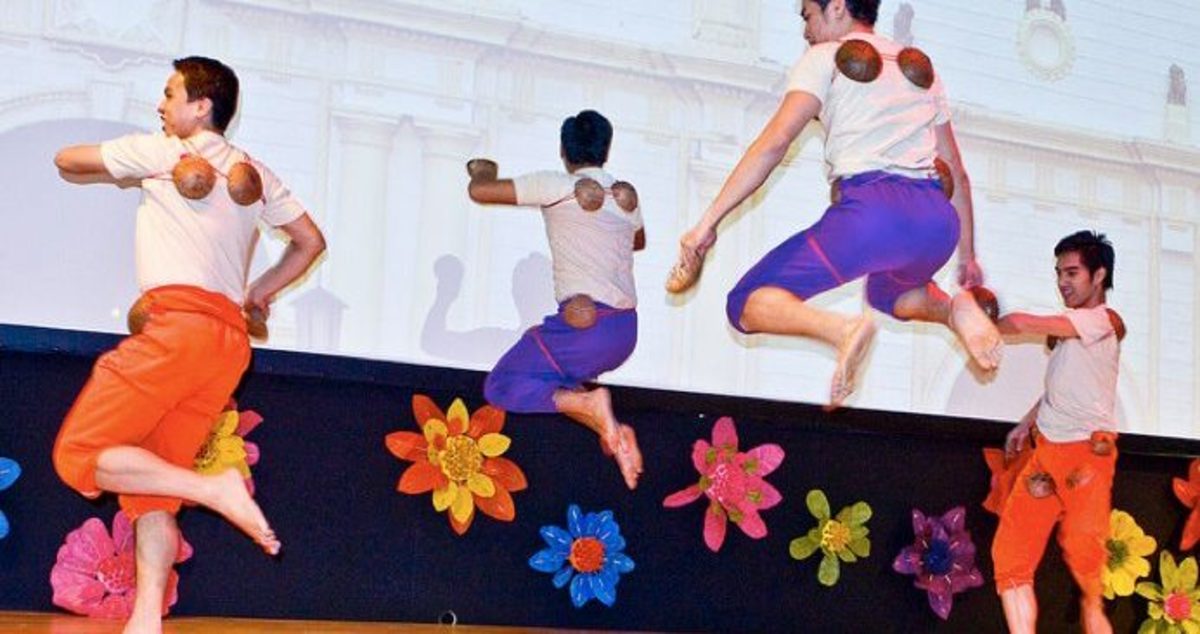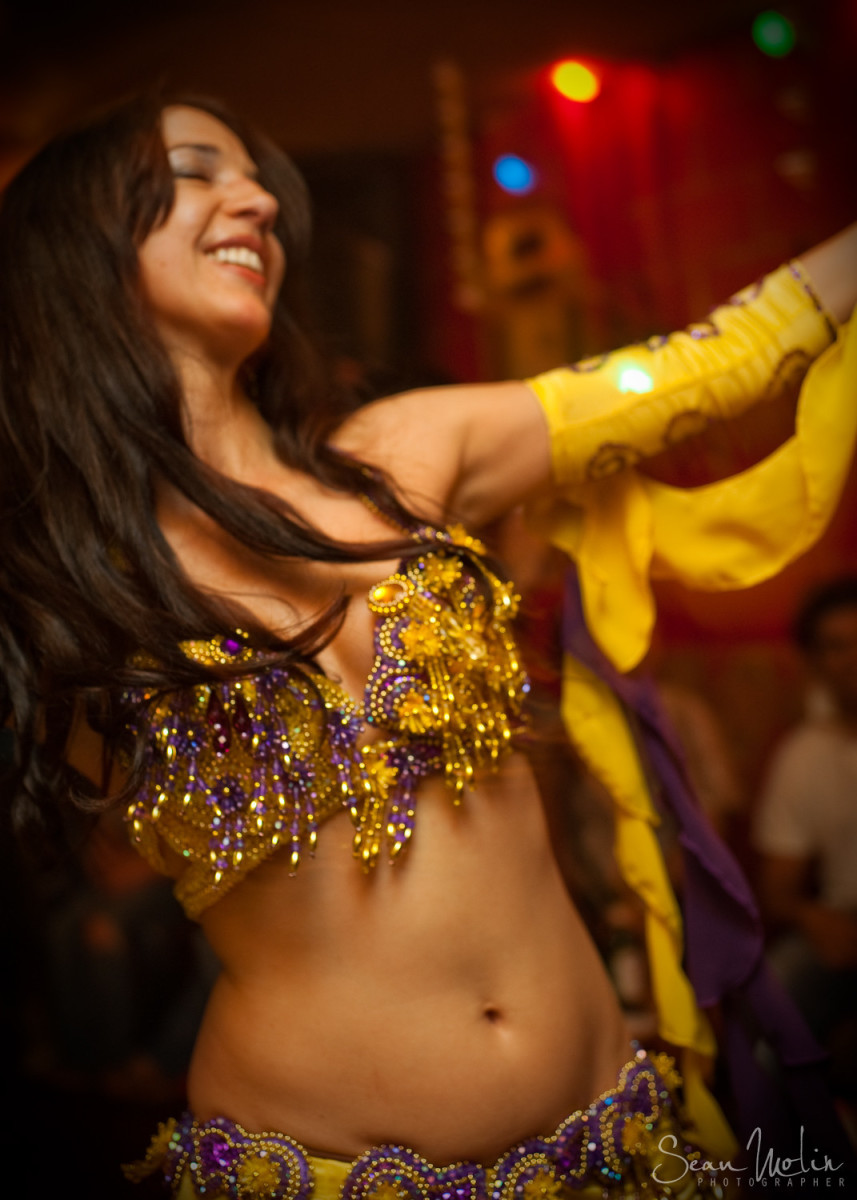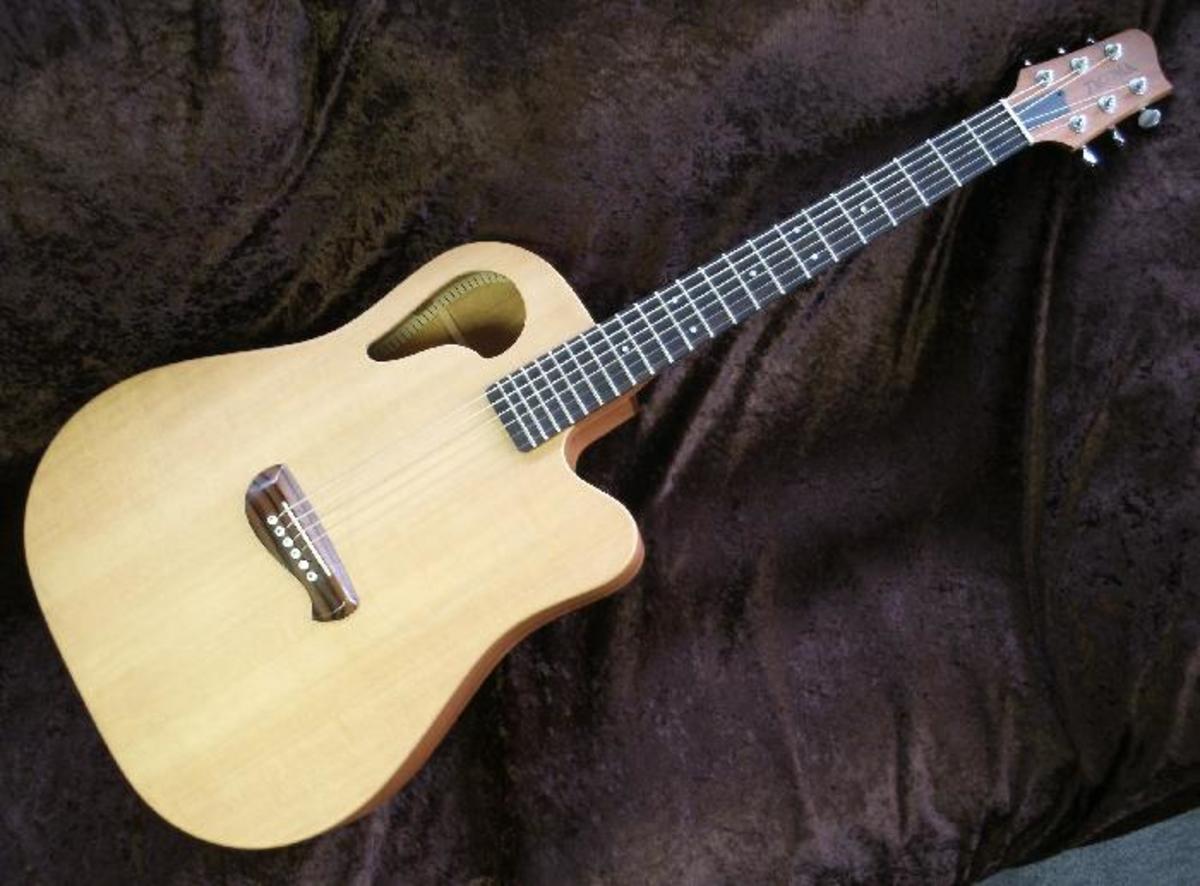The Case Against "Modern" Versions of Opera
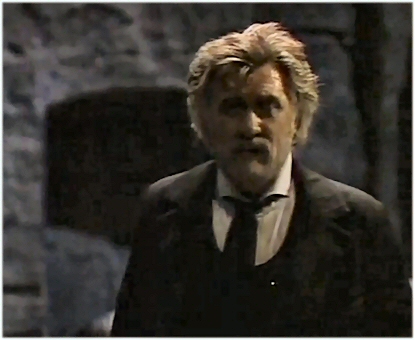
Those of you who are regular opera goers probably have run into this. You take your seats in the opera hall, eagerly awaiting the overture and curtain to go up for the first act of, say, La Traviata by Giuseppe Verdi and finally the time comes. The curtain rises and . . . you're looking at what appears to be a discotheque. What in hell is this, you ask yourself. Well, it's a "modern version" of the opera. Violetta is dressed in fishnet stockings and looks like a streetwalker and her would-be lover, Alfredo, has a black leather jacket on and is wearing an earring. Or you go to see Bizet's Carmen, and she comes out in a miniskirt and furry boots and she's smoking pot instead of a cigarette.
Or perhaps it's Puccini's La Boheme and instead in a garret apartment in Paris in the 1800s, it's a condo in Detroit and the characters are in twentieth-century street clothes. Or it's Das Rheingold by Richard Wagner and the Rhinemaidens are hookers in front of a hydroelectric plant. Or . . . well, you get the idea. This is what is called "modern" settings of operas and happens quite a bit recently, especially with the operas of Richard Wagner. I have seen many an opera, both in stage and in video productions and, thankfully, most have had traditional sets and costumes. The "modern" sets, I assume, are to make opera more "relevant," although sometimes I wonder if it's just to save money. This is particularly true of minimalist productions (I saw Wagner's Die Walkure in Washington, DC back in the 1970s, and the set consisted almost entirely of a large, circular platform, higher on one end than the other - hard to describe. I assume the circular contraption was supposed to represent the Ring itself.) The Los Angeles Opera put on Walkure in 2010 and the Valkyries were riding phantom horses that looked like bicycles and they were carrying lightsabres!
In 2016, the Washington National Opera is planning to perform the entire Ring Cycle (that's four operas taking place over four evenings). For those of you who are not familiar with it, the Der Ring Des Nibelungen (The Ring of the Nibelung) consists of four operas thus:
Das Rheingold (The Rhinegold)
Die Walkure (The Valkyrie)
Siegfried
Gotterdamerung (Twilight of the Gods)
It is a mammoth work - about 12-15 hours total depending on the tempo the conductor chooses - requires a huge orchestra and the singing parts are quite difficult, especially for sopranos. It is based on German and Norse mythology and deals with gods and goddesses, heroes and heroines, dragons, flying horses, etc. and the sets can be, well, complex! Obviously, this is not the regular fare at your local opera house. So whenever a Ring cycle is put on somewhere within striking distance of southern New England, I get excited. I will not, however, attend this one - the settings are going to be scenes from U.S. history! What does George Washington and Abraham Lincoln have to do with medieval gods and goddesses? Your guess is as good as mine. (The 2013 production at the Met in New York doesn't look too bad - at least the costumes are traditional - I may make this one.) For my money, the James Levine/Metropolitan Opera production is the one to have on DVD. The critics panned it - too "traditional!" Hah!
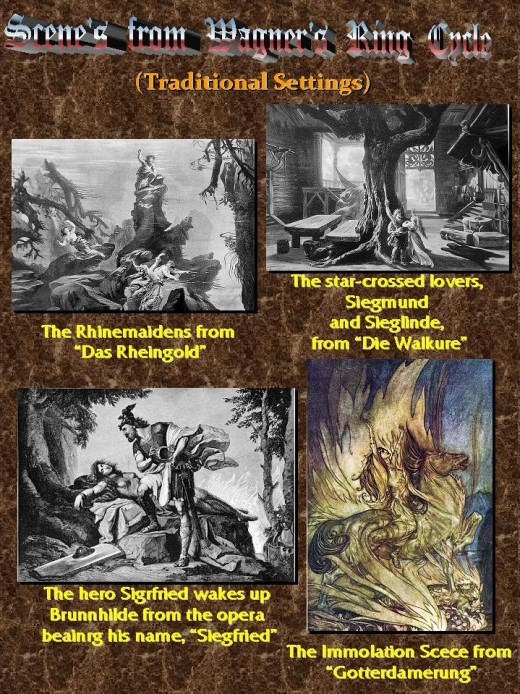
Wagner's operas, especially the Ring, seem to be treated in this way more so than others but there are many other examples. One of the best places to experience opera in all its splendor is at the Teatro di Verona, a Roman amphitheatre in Verona, Italy. It is supposed to be the world's largest stage and the productions are literally breathtaking. In 2007, my wife and I attended a performance of La Traviata here and, on the right of the stage, was a giant, presumably plastic, child's doll! I'm not quite sure what this was supposed to represent but at least the musical performance was quite good. (I have written another Hub article on the Teatro called "Opera in Verona - In a Word: Fantastic!" Check it out if you're interested. The city itself, a former part of the old Duchy of Venice, is worth a visit, even if you don't attend the opera.)
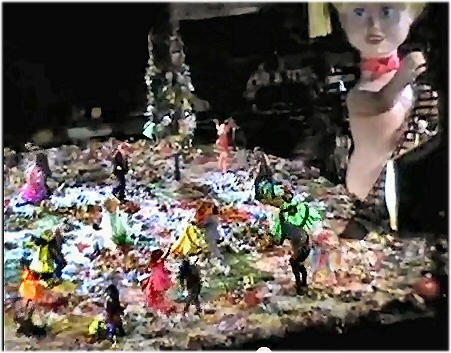
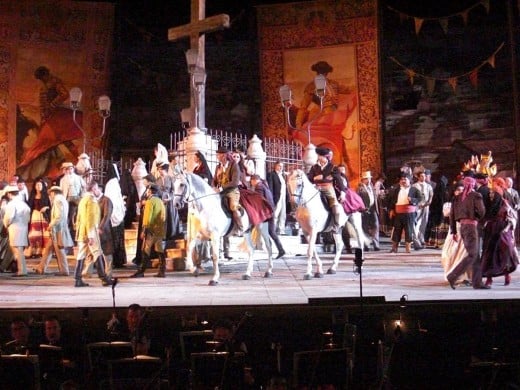
Another aspect of these "modernized" sets is the political one. The Ring especially has been portrayed as socialist diatribe, emphasizing the "greedy" capitalists, and so forth. (For an excellent example of this, see George Bernard Shaw's "The Perfect Wagnerite," which has been described as a "socialist rant.") I don't know about you, but I go to see opera for the music and the singing (and the sets if they are traditional) - not to be lectured politically, even if it is subtle. (By the way, Richard Wagner, before he died, saw the completion of the Festspielhaus [Festival House] in Bayteuth, Germany. The theatre was designed especially for his operas and Bayreuth Festival continues annually - it takes from five to ten years to get tickets! Ironically, the most radical performances of his operas take place here, guided by members of the Wagner family.)
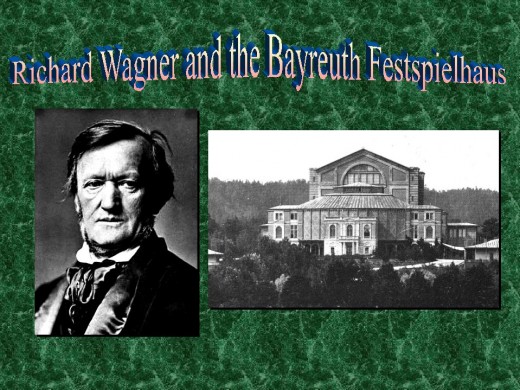
I could go on but I think the reader gets the idea. (The same thing happens to plays, by the way, Shakespeare's plays frequently get this treatment. "Romeo, O Romeo, wherefore art thou Romeo? At the Seven-Eleven getting a Big Gulp?") Yes, when I attend a performance of Die Walkure, I want to see ladies with horned helmets carrying spears, winged horses, and all that goes with it! (If you're not familiar with Wagner, by the way, you may recognize much of the music. It has been used in dozens of cartoons and in movies, most notably in Apocalypse Now -- remember the helicopter attack with the music? That was the "Ride of the Valkyries," which is actually the prelude and opening of Act III of Die Walkure, where the warrior maidens carry the bodies of slain warriors up to Valhalla, singing as they go. Great stuff!)
Call me old fashioned, but I'll take my opera in the traditional style.
Update - the Ring at Bayreuth 2013
I just read a review of the current production of Wagner's Ring in the Festspielhaus at Bayreuth. This particular production demonstrates exactly what I wrote about earlier only this one reaches new heights of absurdity. Consider:
- The Ring is presented as a metaphorical story of the global quest for oil
- Mime, the dwarf who brings up Siegfried,lives in a trailer park campsite in front of Mt. Rushmore but the faces of the presidents have been replaced with Marx, Lenin, Stalin, and Mao (!)
- There is a scene in Siegfried where two crocodiles appear on stage copulating (Yes, you read that right - they were having sex).
- There is a scene where Wotan, the king of the gods, receives oral sex (no, I am not making this up)
- Instead of forging a sword Siegfried assembles an automatic rifle
I could go on but you get the drift. To say this is ridiculous would be the understatement of the year. Wagner must be approaching 1000 RPM in his grave!
The only saving grace is the fact that was the audience response at the end of Gotterdamerung, the final opera of the four. I will quote directly from the review in the New York Times by Anthony Tommasini:
"When Frank Castorf, the avant-garde German director responsible for this confounding concept , took the stage with his production team, almost the entire audience, it seemed, erupted with loud, prolonged boos. It went on for nearly 10 minutes, by my watch, because Mr. Castorf, 62, who has been running the Volksbühne (People’s Theater) of Berlin since 1992, stood steadfast on stage, his arms folded stiffly, he sometimes jabbed a finger at the audience,essentially defying the crowd to keep it coming."
Indeed. Had I been there, I would have raised a finger back - can you guess which one?

